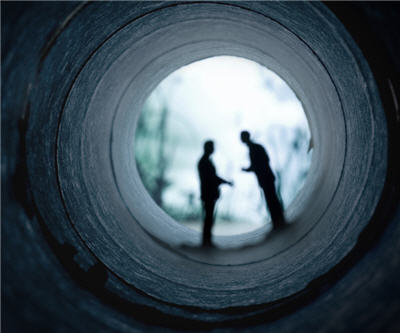On China’s rare earth black market prices are falling

Sinocast reports China’s market for rare earths has begun to see negative effects of its crazy growth this year with an increasing number of downstream players finding it difficult to make deals despite price cuts.
Prices of certain elements such as cerium used to polish TV screens and lenses are down 10% over the summer after months of break-neck price hikes. Reuters reports China is in the midst of a crackdown on illegal miners and processors and the busy black market trade that have sprung up, but has struggled to impose a REE production cap, with actual annual output exceeding official quotas by 40% to 50% since 2007.
Sinocast Daily Business Beat quotes a source from CHALCO Rare Earth (Jiangsu) Co. who said that the firm’s Japanese customers have suddenly reduced orders over the last two months, hoping that REE price would drop. Certain material makers in Baotou City, the centre of the REE trade in China, has cut production while some downstream enterprises are clearing inventories and have stopped procurement.
Reuters reports by reducing legally available supplies and driving up prices, Beijing has effectively created more incentives for producers, processors and traders to resort to the black market. Smaller miners used to selling rare earths outside the official channels could benefit, thereby undermining Beijing’s consolidation efforts.
Not all REE prices have come down – dysprosium and neodymium, used in hybrid cars and wind-turbines, have tripled since May reports Bloomberg. Spiralling prices have forced Japanese manufacturers, the world’s top consumers, including Toyota and TDK, to switch to recycled materials or eliminated the need for REE altogether.
{{ commodity.name }}
{{ post.title }}
{{ post.date }}




Comments